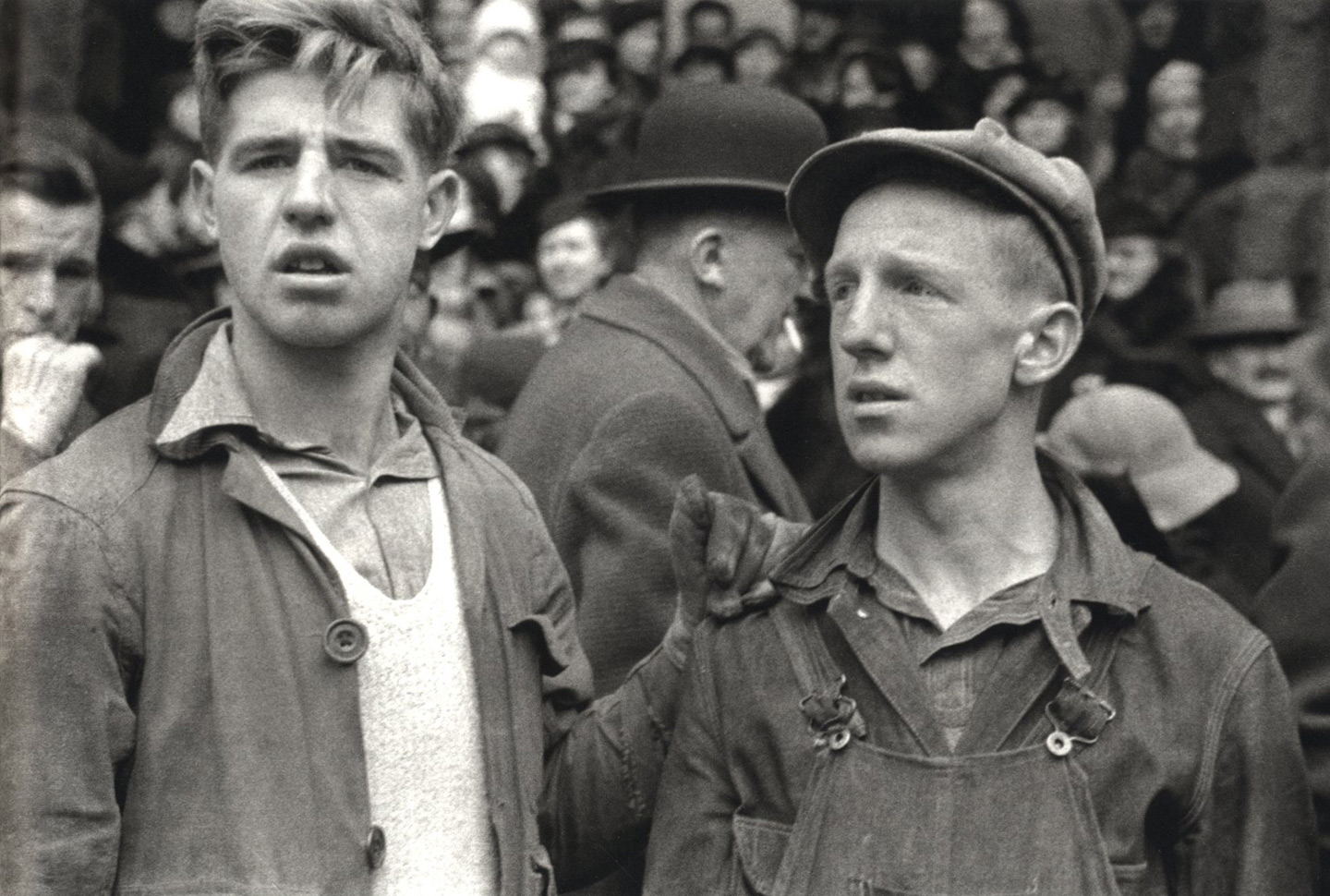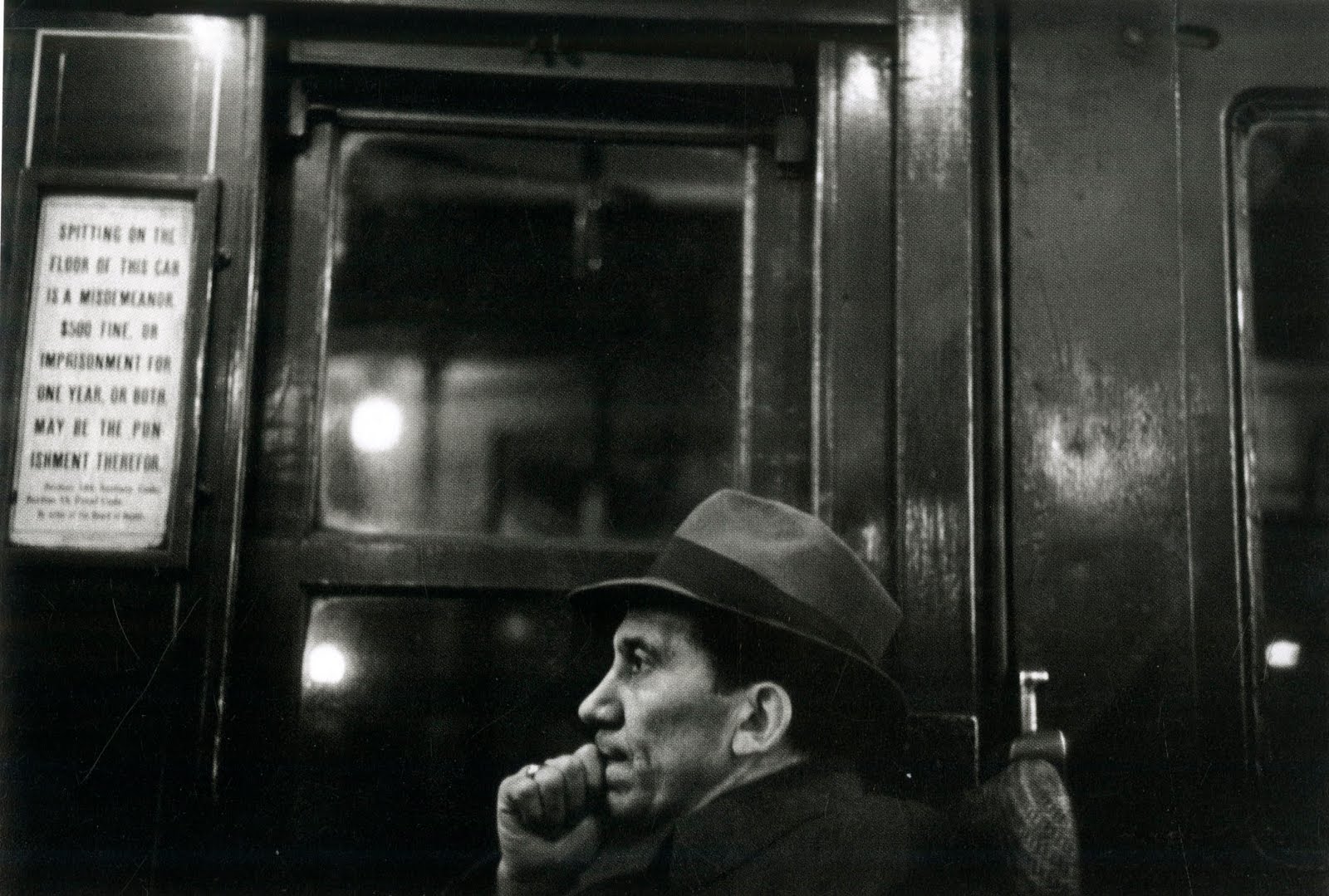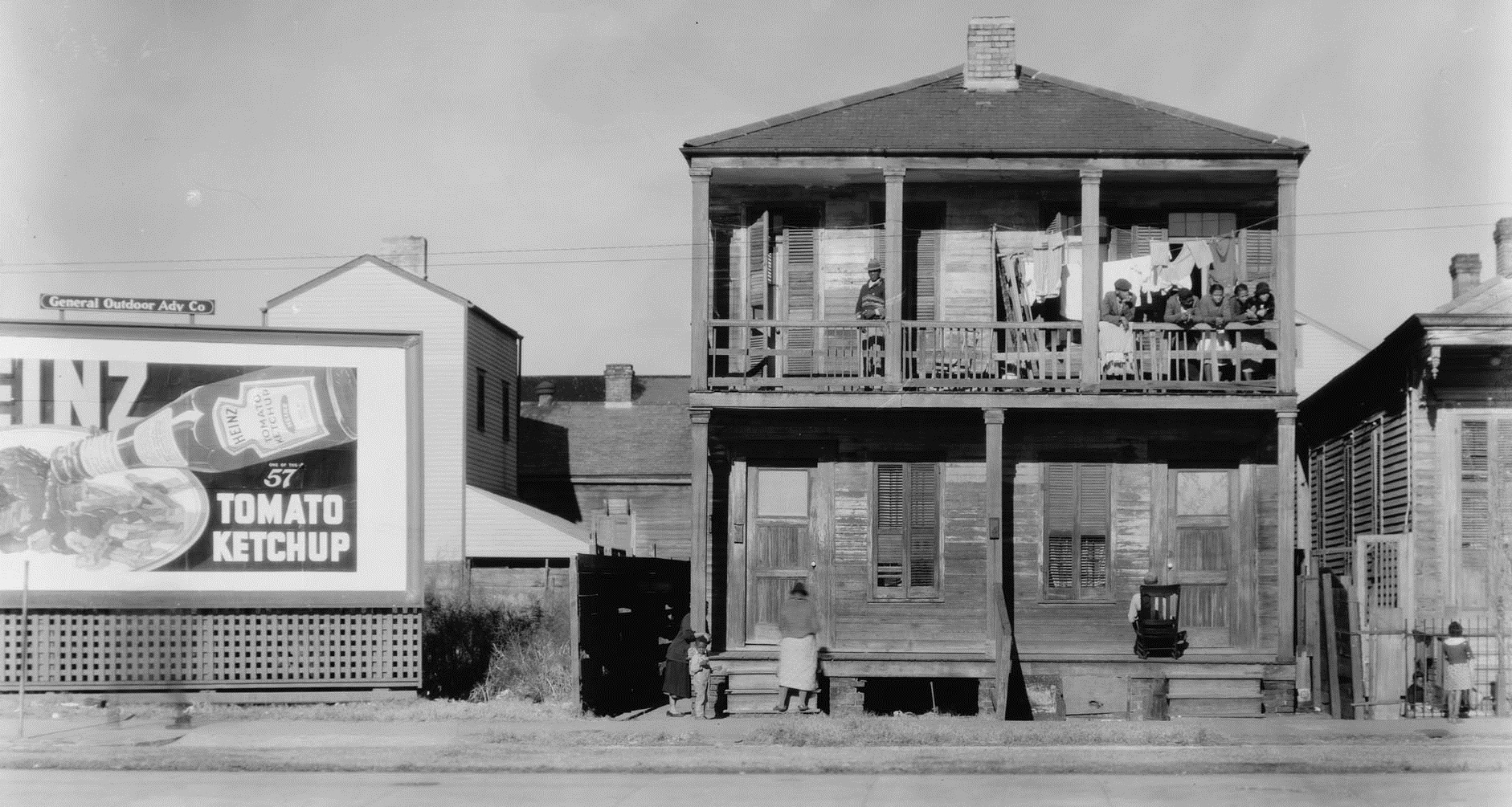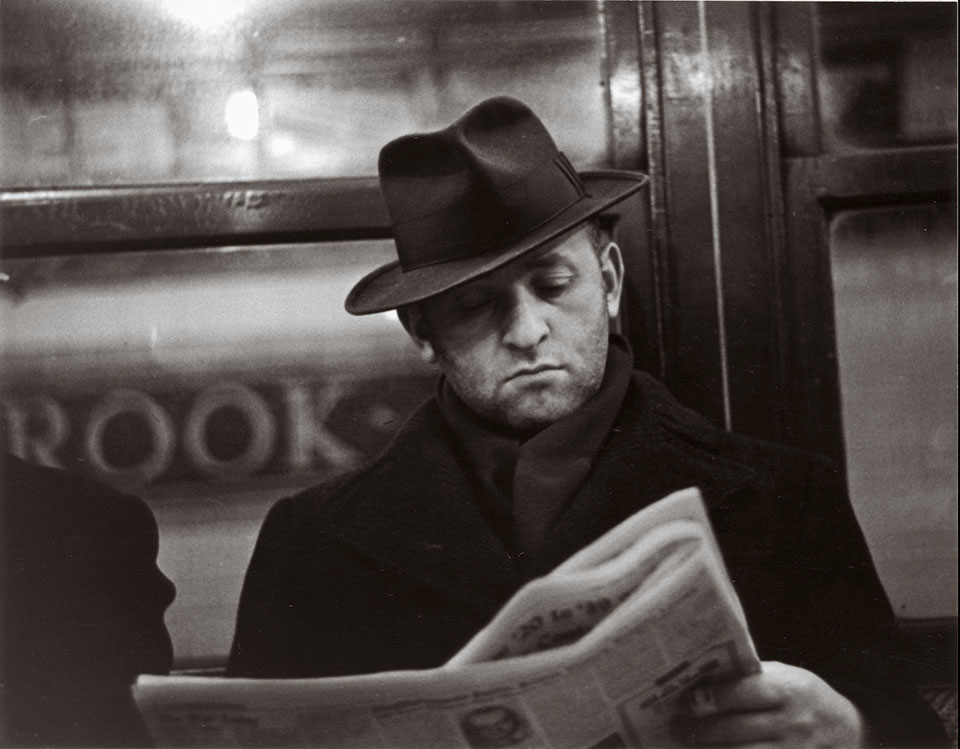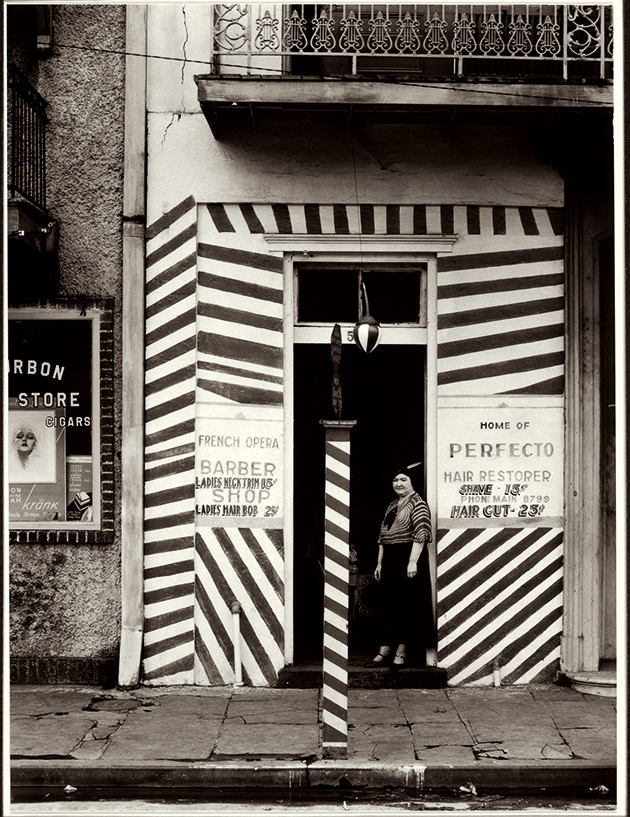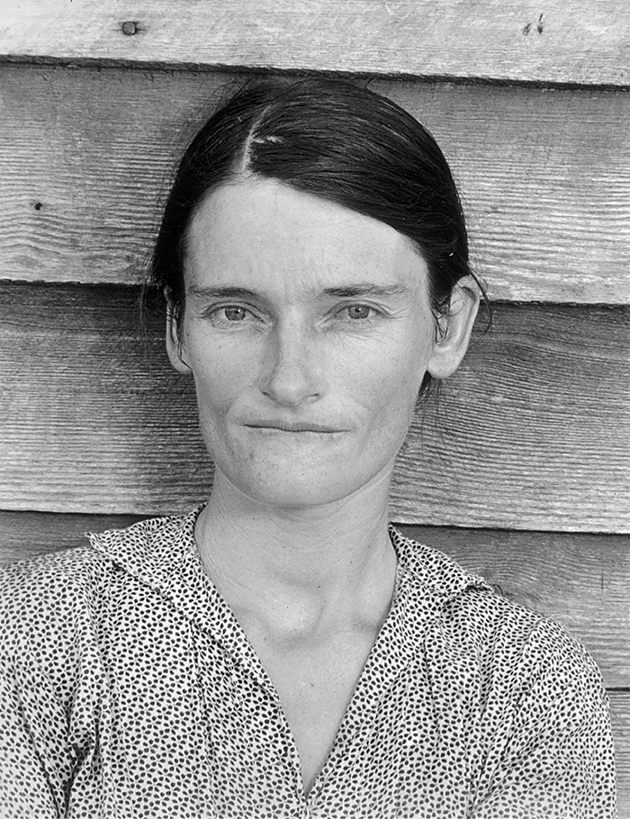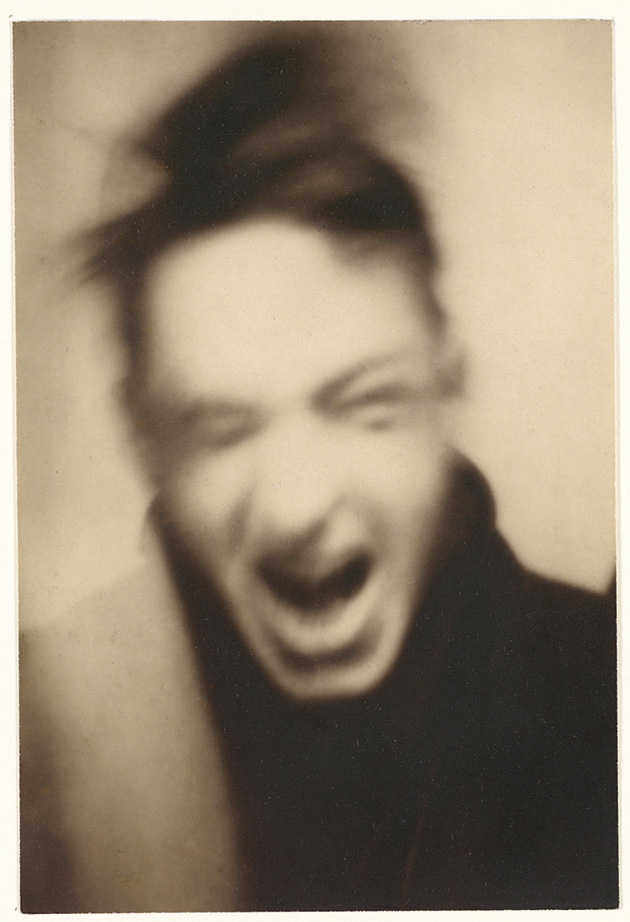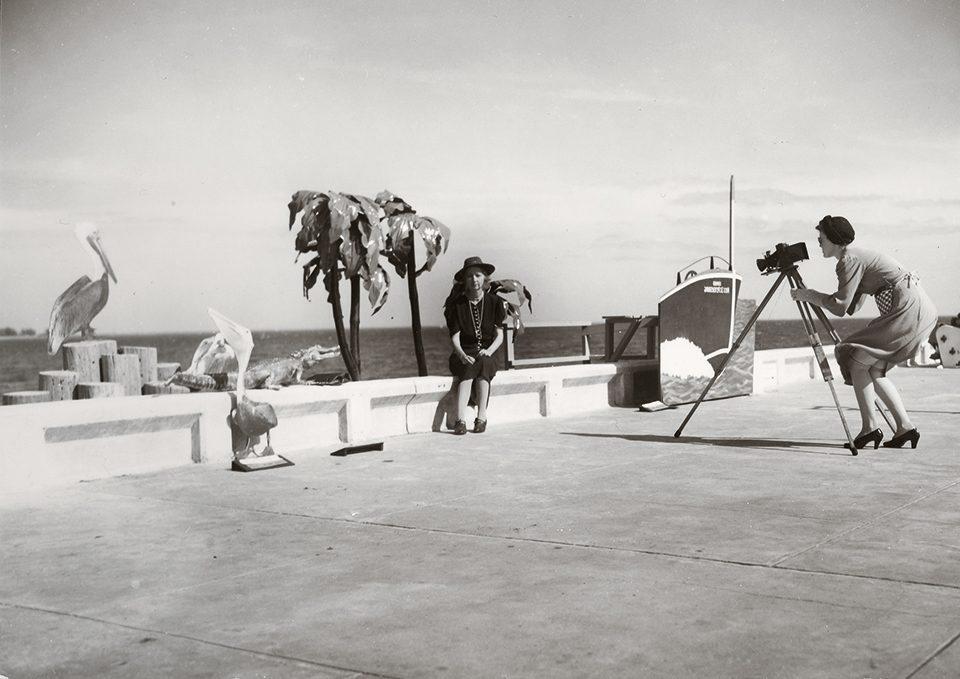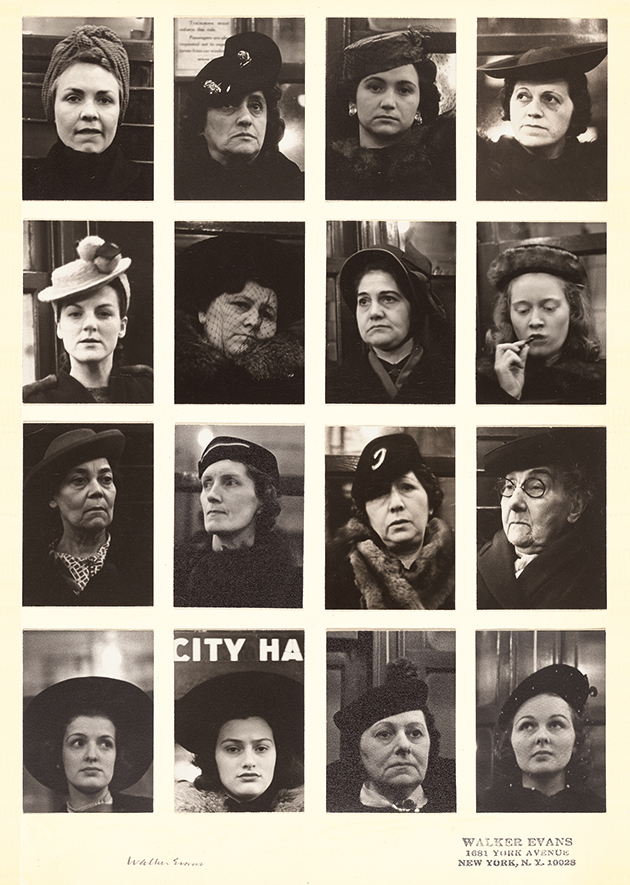Walker Evans: The Interview
Walker Evans: The Interview
With Leslie George Katz
Walker Evans is one of the leading photographers in the history of American documentary photography.
Born November 3, 1903, St. Louis, Missouri, U.S.—died April 10, 1975, New Haven, Connecticut, Evans was an American photographer whose influence on the evolution of ambitious photography during the second half of the 20th century was perhaps greater than that of any other figure.
His book collaboration with James Agee, Let Us Now Praise Famous Men (1941), which portrayed the lives of three white tenant families in southern Alabama during the Depression, has become one of that era’s most defining documents. Evans joined the staff of Time magazine in 1945, and shortly after moved to Fortune magazine, where he stayed until 1965. That year, he became a professor of photography at the Yale University School of Art. Evans died at his home in Old Lyme, Connecticut, in 1975.
He rejected the prevailing highly aestheticized view of artistic photography, of which Alfred Stieglitz was the most visible proponent, and constructed instead an artistic strategy based on the poetic resonance of common but exemplary facts, clearly described.
His most characteristic pictures show quotidian American life during the second quarter of the century, especially through the description of its architecture, its outdoor advertising, the beginnings of its automobile culture, and its domestic interiors.
Walker Evans’s photographs were as prototypes both for the American documentary movement of the 1930s and for street photographers of the 1940s and 50s.
His precisely composed, intricately detailed, spare photographs insisted on their subject matter, and his impartial acceptance of his subjects made his work seem true and aesthetically pure–qualities that have been the goal of documentary photography ever since.
Later in his career he often photographed with the new Polaroid camera, which he used to depict street graffiti and various detritus of the contemporary world.
In 1971, Art in America published an interview with Walker Evans conducted by Leslie George Katz, writer and publisher of the Eakins Press.
Leslie George Katz was the founder and publisher of the Eakins Press Foundation.
Until his death in 1997, he wrote extensively about American art and culture, and through his sustained efforts to celebrate his heroes—Thomas Eakins, Walt Whitman, and Walker Evans—found a way to define a new sort of democratic, patriotic intellectualism.
Nearing the end of his life, Evans speaks freely about his influences and how he got started as a photographer (“I was damn well going to be an artist and I wasn’t going to be a businessman,” he remembers), and reflects back on his work and his thinking.
The interview has become legendary, consulted by curators, scholars and students for half a century and considered a definitive source for insights into the process, philosophy and personality of one of America’s greatest photographers.
In 1995, the Eakins Press Foundation republished Evans’ interview in a deluxe edition titled Walker Evans Incognito.
More than 20 years later, this new edition that will be published on April 23, brings the Evans interview back into print in an elegant and affordable volume for a new generation. Walker Evans scholar Anne Bertrand introduces the interview and its publication history, and contributes notes throughout the text that provide important contextual information.
Walker Evans: The Interview offers an opportunity to rediscover the man behind the famous images, in his own words.
Hardcover: 64 pages
Text by: Anne Bertrand
Interview by: Leslie George Katz
Afterword by: Jerry L. Thompson
Publisher: Eakins Press Foundation (April 23, 2019)
Language: English
Product Dimensions: 5.2 x 8.2 inches
Weight: 1.7 pounds
Born in St. Louis, Missouri, Walker Evans (1903–75) took up photography in 1928. His book collaboration with James Agee, Let Us Now Praise Famous Men (1941), which portrayed the lives of three white tenant families in southern Alabama during the Depression, has become one of that era’s most defining documents. Evans joined the staff of Time magazine in 1945, and shortly after moved to Fortune magazine, where he stayed until 1965. That year, he became a professor of photography at the Yale University School of Art. Evans died at his home in Old Lyme, Connecticut, in 1975.

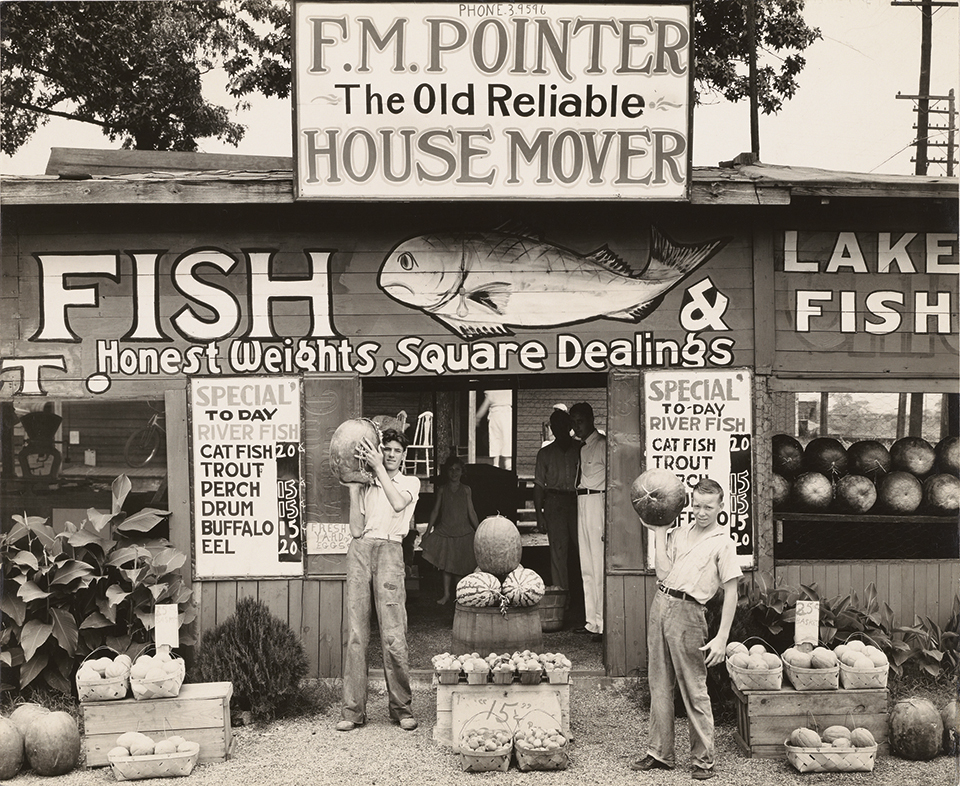
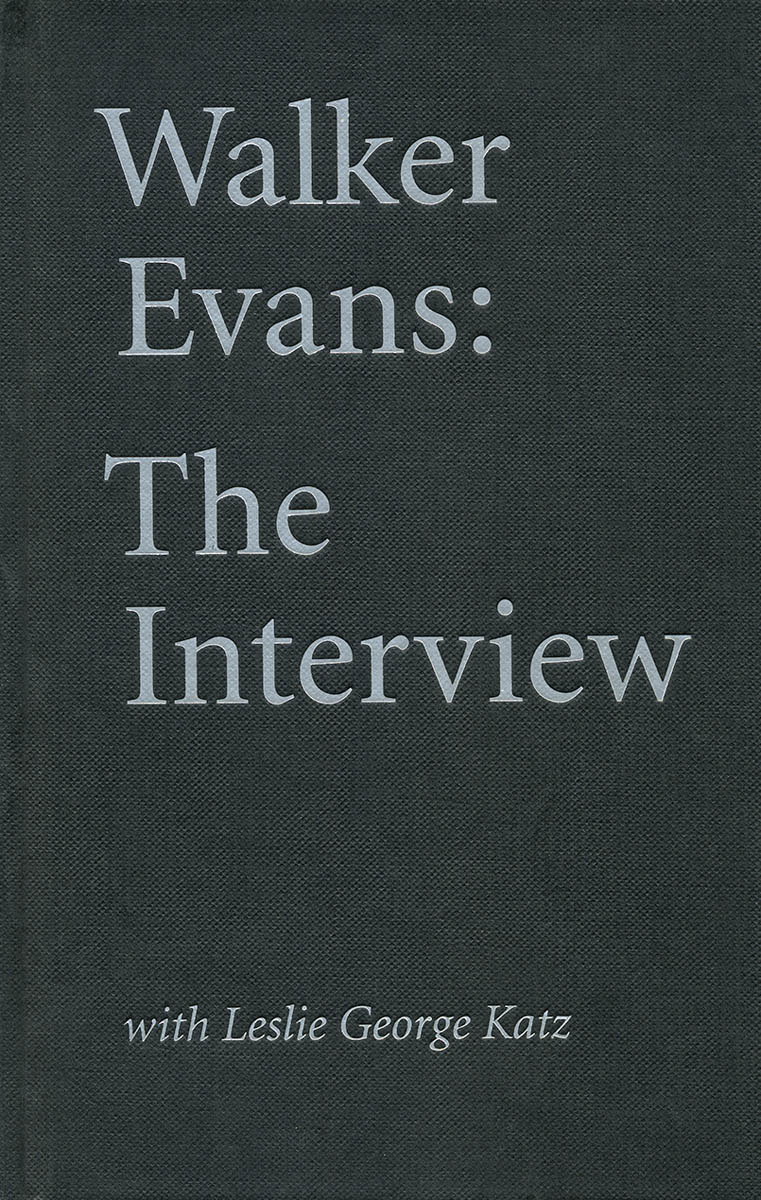
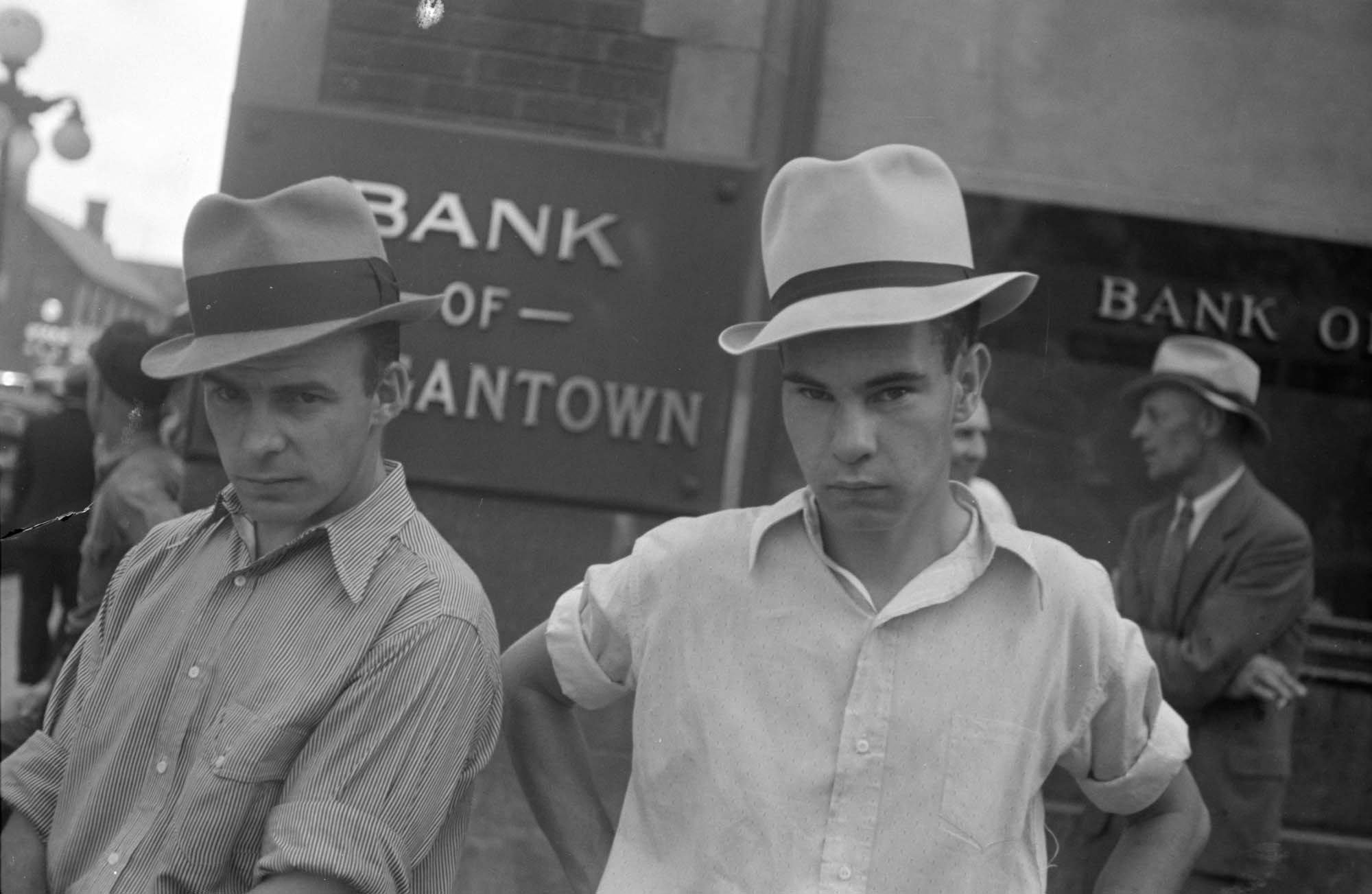
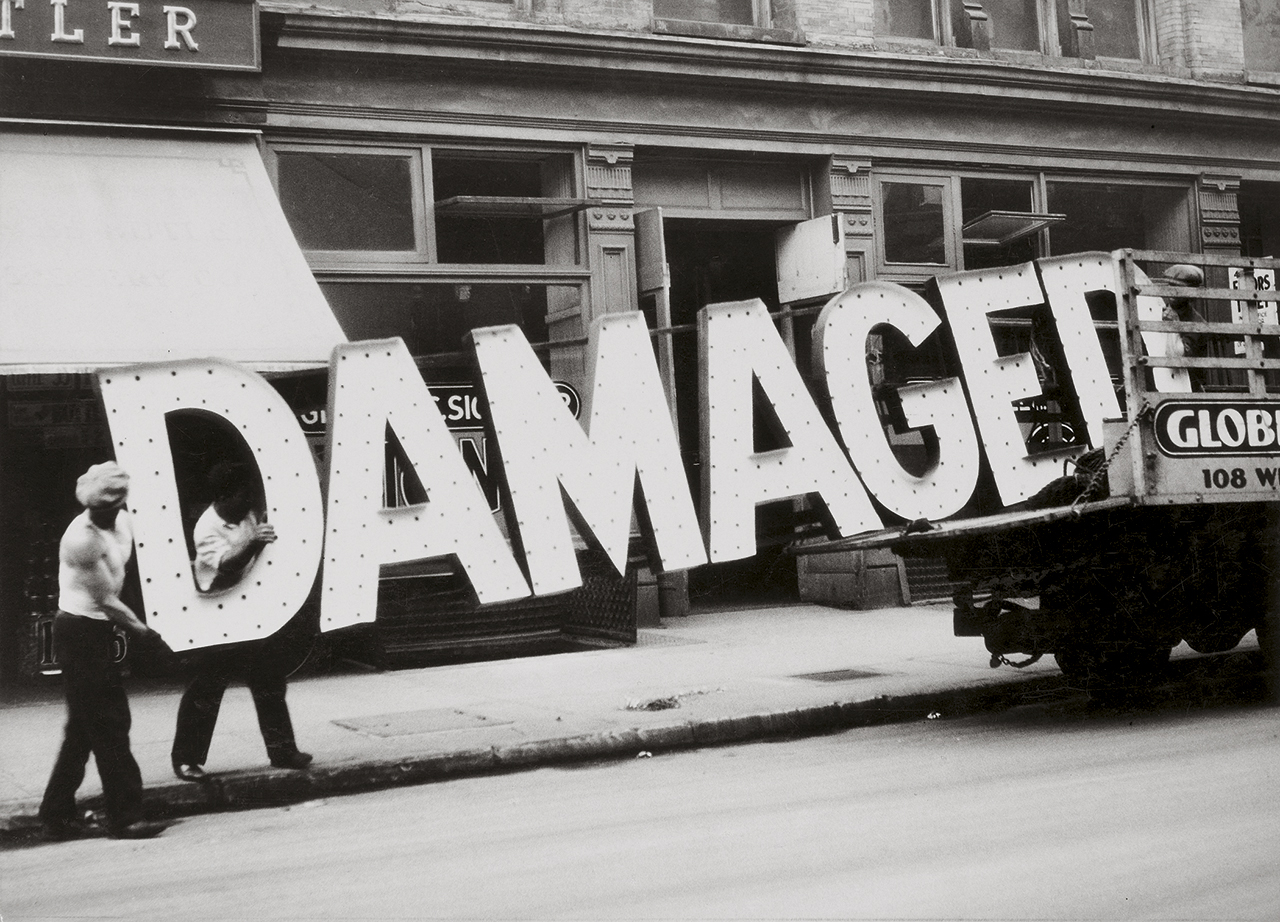
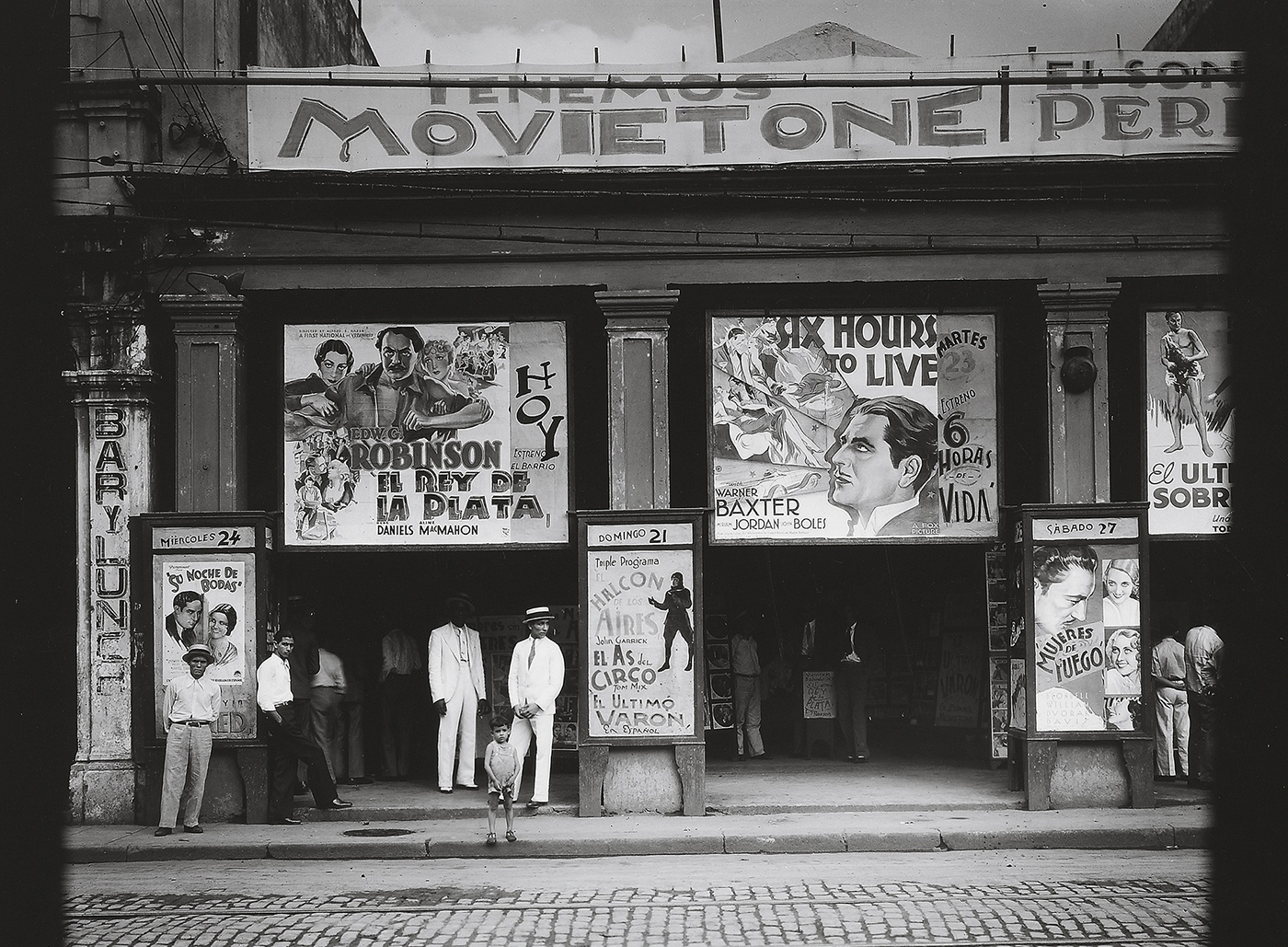
![[Subway Portrait]](https://www.exibartstreet.com/wp-content/uploads/2019/02/walker-evans-the-interview-exibart-street-photography-04.jpg)
